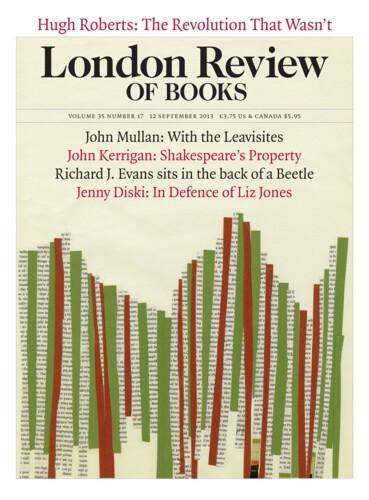Self-Portrait as Picture Window
First day of snow, the low sun
glinting on the gate post where a single
Teviot ewe is licking
frost-melt from the bars, the other sheep
away in the lower field, the light on the crusted
meadow grass that makes me think
of unripe plums so local an event
it seems, for one long breath,
that time might stop;
or, better, that it isn’t me at all
who stands here, at this window, gazing out,
not me who woke up late, when everyone
had gone to work or school, but someone else,
a man so like myself that nobody
would spot the difference – same eyes, same mouth –
but gifted with a knowledge I can scarcely
register in words, unless I call it
graceful and nomadic, some lost art
of finding home in sheep trails, lines of flight,
the feel of distance singing in the flesh,
that happiness-as-forage, bedding in,
declining, making sense of what it finds.
Peregrines
Soon they will kill the falcons that breed in the quarry,
(it’s only a matter of time: raptors need space
and, in these parts, space equals money);
but now, for a season, they fly low over the fields
and the thin paths that run to the woods
at Gillingshill,
the children calling out on Sunday walks
to stop and look
and all of us
pausing to turn in our tracks while the mortgaged land
falls silent for miles around, the village below us
empty and grey as the vault where its money sleeps,
and the moment so close to sweet, while we stand and wait
for the flicker of sky in our bones
that is almost flight.
Choir
I think, if I tried, I could go back and sing again
no worse than I did at twelve, when my voice broke too soon
and I moved to the back of the choir on practice days,
mouthing the words and hoping that no one would hear
the missing soprano.
I stayed for the sudden dark at the stained glass window,
the sense of a vigil it gave me, like waiting for snow
at the presbytery door, a shape stealing in from the cold
to claim me for some lost kingdom; I stayed for the candles
and, off to the side of the altar, the theatre of absence
that made more sense, to me,
than our Sunday School God.
Close to retirement, the choirmaster hammered away
at the upright piano,
not for a moment
deceived, so much
in tune with us, he knew each voice by name,
the way a herdsman knows his animals:
the Cunningham twins, their faces so alike
that no one could tell them apart, until they sang;
the Polish boy, Marek; the grammar school beauty who smelled
like cinnamon after the rain
– he knew us all by heart, each voice he heard
combining with every child he had taught to sing
through a lifetime of choir, so thoroughly rehearsed
he swore he would pick us out
on Judgment Day.
I turned up every week for six months more;
and all that time he kept
my secret, each of us
pretending not to know the other knew.
I mouthed the words; he played; nobody guessed,
or everyone did; it doesn’t matter now.
Later I switched to blues and the Rolling Stones,
Mandies and cider, Benzedrine, Lebanese;
so, though I wanted to, I couldn’t
make it to Our Lady’s on the day
they buried him next to his wife, in the steeltown rain,
to prepare for the Second Coming; and anyway,
despite the years of Kyries and hymns,
I never quite saw the point
of the life to come; back then it seemed
that, like as not, most everything runs on
as choir: all one; the living and the dead:
first catch, then canon; fugal; all one breath.
Send Letters To:
The Editor
London Review of Books,
28 Little Russell Street
London, WC1A 2HN
letters@lrb.co.uk
Please include name, address, and a telephone number.

